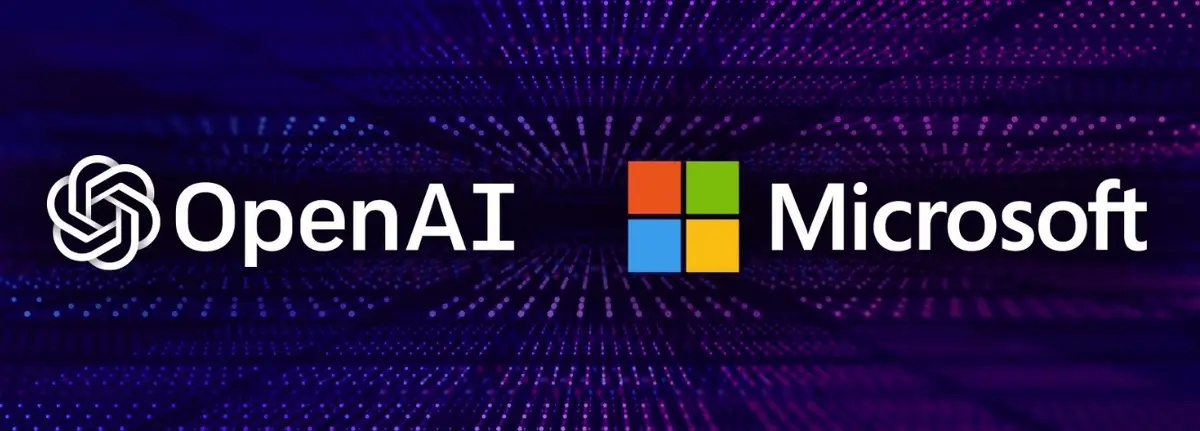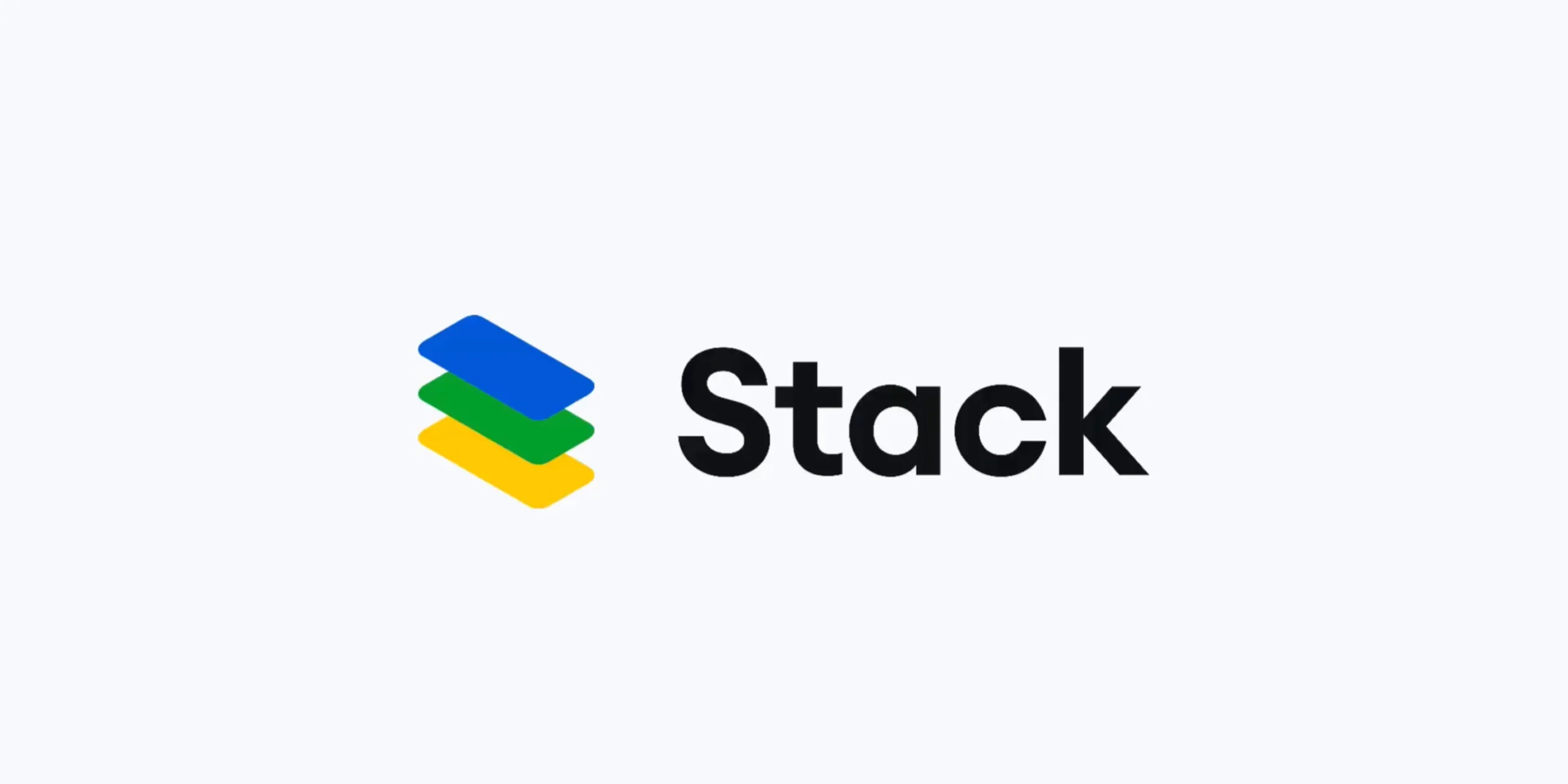In a significant legal development, a news nonprofit has initiated a lawsuit against OpenAI, the creator of ChatGPT, and its major backer Microsoft. The lawsuit accuses both entities of using copyrighted journalistic content without authorization to train their advanced AI models.
Background
The plaintiff, a consortium of journalistic entities led by a major nonprofit, alleges that OpenAI utilized extensive amounts of copyrighted news articles to train its language models. These models, including the widely used ChatGPT, are accused of generating text based on the copyrighted material, thus infringing on the original copyrights held by various news organizations.
Legal Claims
The lawsuit details several claims including direct copyright infringement, contributory infringement, and unfair competition. The complaint highlights that the AI-generated content often mirrors the informational structure and detailed style of the original works, potentially misleading users about the source of the content and diminishing the value of the original publications.
Implications for AI and Journalism
The legal battle poses questions about the boundaries of fair use in training AI systems and the ethical considerations of using copyrighted material without explicit consent. The outcome could set a precedent for how AI developers access and use published works in the future.
Industry Reactions
Responses from the tech and journalism sectors have been mixed. Some advocates argue that AI can enhance journalistic efforts by processing and summarizing information rapidly, while others fear it may undermine the financial structures of traditional news media.
The court’s decision in this case will be keenly watched as it could have far-reaching implications for AI development and the protection of intellectual property in the digital age. Both OpenAI and Microsoft have pledged to defend their practices, asserting their compliance with current copyright laws and fair use provisions.



















